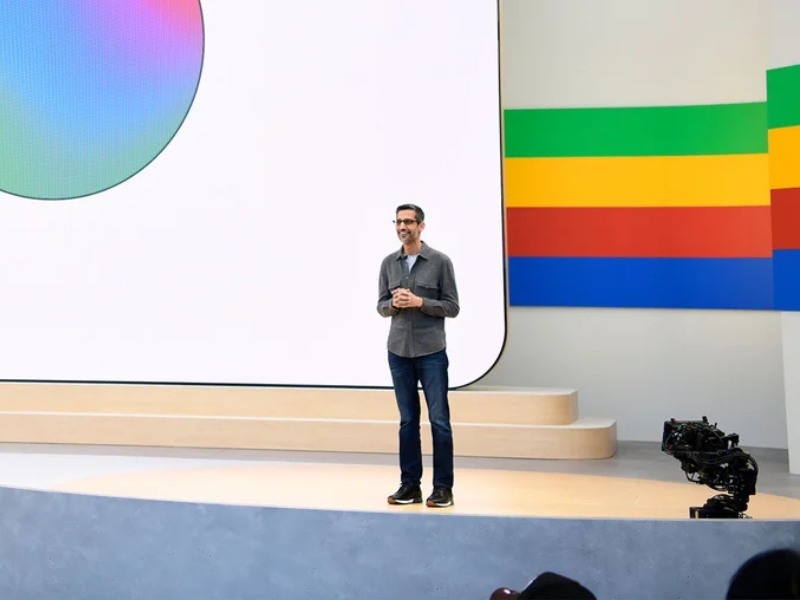Alphabet, Google’s parent company, shared impressive third-quarter earnings this week, surpassing expectations with growth in revenue, ads, and a 35% year-over-year increase in Google Cloud earnings. CEO Sundar Pichai highlighted that the company’s dedicated investments in AI are proving fruitful.
One of the standout developments is Google’s AI chatbot, Bard, now available in Europe with several upgraded features designed to offer users a more dynamic, responsive experience. Google’s internal team has been testing an advanced iteration of Bard, colloquially dubbed “Big Bard.” Built on the same LaMDA language model as Bard but with an increased number of parameters, Big Bard delivers richer, more nuanced, and human-like responses. It has also demonstrated a more casual and interactive style, which has intrigued employees who have tested it.
Despite Big Bard’s potential, Google’s public release remains a scaled-back version of Bard, built to conserve computing resources and avoid the hefty costs associated with full-scale AI-powered search queries. This cautious approach also mitigates the risk of unpredictable answers or errors that could negatively impact the bot’s reception. Google is also wary of any public snafu that could generate bad headlines, such as inaccurate answers or rogue behavior.
As competition in the AI space heats up, Microsoft, one of Google’s primary AI competitors, is expected to launch an upgraded language model, GPT-4, capable of processing video, images, and audio.

